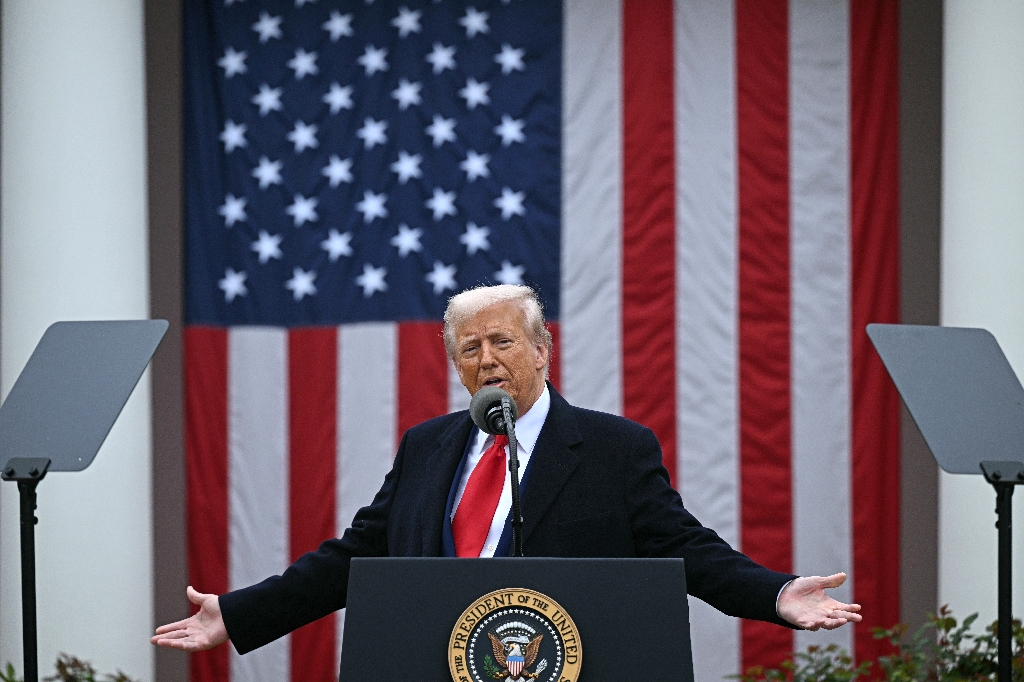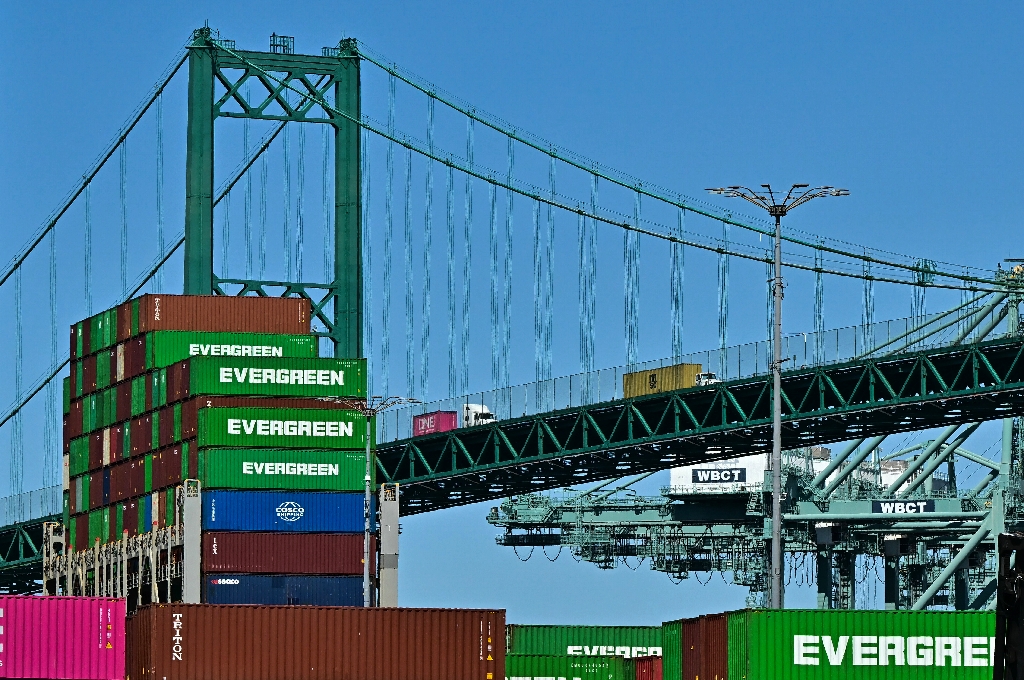Chania (Greece) (AFP) – Washington’s top diplomat Antony Blinken said Saturday that he wants to make sure the conflict in the Middle East “doesn’t spread”, as he held meetings in Turkey and Greece.
Blinken, on a new tour of the Middle East, met Greek Prime Minister Kyriakos Mitsotakis in Crete on Saturday, a few hours after a long meeting in Istanbul with Turkish President Recep Tayyip Erdogan.
“One of the real concerns is the border between Israel and Lebanon, and we want to do everything possible to make sure we see no escalation,” he told journalists in Crete after the meeting.
Blinken said it was in nobody’s interest to escalate the conflict or allow it to spread beyond Gaza.
Israel has vowed to eradicate Hamas militants from Gaza after their lightning attack on October 7, which resulted in the deaths of around 1,140 people, according to an AFP tally based on official figures.
Israel since then has been carrying out a relentless bombardment and ground invasion of Gaza that have killed at least 22,722 people, according to the territory’s health ministry.
In Greece, Blinken was also set to address Greece’s concerns about the looming sale of US fighter jets to Ankara — Athens has fiercely contested the US jet sales because of longstanding territorial disputes with Turkey in the energy-rich eastern Mediterranean region.
He also said he spoke at length with Mitsotakis about attacks by Huthi rebels disrupting shipping lanes and impacting international commerce, driving the price of food and gas up.
The Huthis say they are targeting Israel and Israeli-linked vessels to push for a stop to the offensive in the Gaza Strip.
Blinken’s fourth crisis tour of the three-month-old Gaza war comes as fears mount that the conflict could engulf swathes of the Middle East.
He arrived in Amman later on Saturday, ahead of talks with the Jordanian king on Sunday, and is scheduled to travel on to Qatar and Abu Dhabi on Sunday afternoon as part of the crisis tour
.
– Fears of escalation – During more than an hour of talks with Erdogan earlier Saturday, Blinken “emphasised the need to prevent the conflict from spreading”, the US State Department said.
Blinken also pointed to the need to “work toward broader, lasting regional peace that ensures Israel’s security and advances the establishment of a Palestinian state”, it said.
A Turkish diplomatic source said Foreign Minister Hakan Fidan pressed Blinken during a separate meeting for an “immediate ceasefire” in Gaza that could ensure the smooth delivery of aid.
The Turkish president has turned into one of the Muslim world’s harshest critics of Washington’s support for Israel’s Gaza campaign.
Erdogan has compared Israeli Prime Minister Benjamin Netanyahu to Adolf Hitler, and accused the United States of sponsoring the “genocide” of Palestinians.
He has also rebuffed US pressure to cut off the suspected flow of funding to Hamas through Turkey, and defended the group as legitimately elected “liberators” fighting for their land.
The US State Department on Friday announced $10 million in rewards for information about five alleged Hamas foreign operatives — three of them believed to be based in Turkey — who are thought to be helping finance the Iran-backed group
.
– Assurances – Erdogan began to tone down his most strident comments after US President Joe Biden last month called the Turkish leader for the first time since the war broke out.
The call helped push along NATO member Turkey’s glacial progress in accepting Sweden into the US-led defence organisation in the wake of Russia’s war on Ukraine.
A key parliamentary committee approved Sweden’s application in late December.
Some analysts believe Biden’s call also secured Blinken’s meeting with Erdogan — the Turkish leader notably left the city during Blinken’s last visit two months ago.
Blinken entered the talks hoping to win assurances that a ratification vote on Sweden’s accession to NATO will be held soon by Turkey’s full parliament.
The State Department said Blinken and Erdogan discussed “completing Sweden’s accession to NATO and strengthening trade and investment between the United States and Turkey”.
Erdogan has been able to use Turkey’s veto power to impel Sweden into taking a tougher stance with Kurdish groups in Stockholm that Ankara views as “terrorists”.
He has also been trying to make Sweden’s approval conditional on the US delivering 40 F-16 fighter jets and nearly 80 modernisation kits for Turkey’s ageing air force.
Biden’s administration officially backs the sale, but it has been unable to overcome resistance in Congress from lawmakers alarmed by Turkey’s position on Sweden and its past military standoffs with historic rival Greece.




